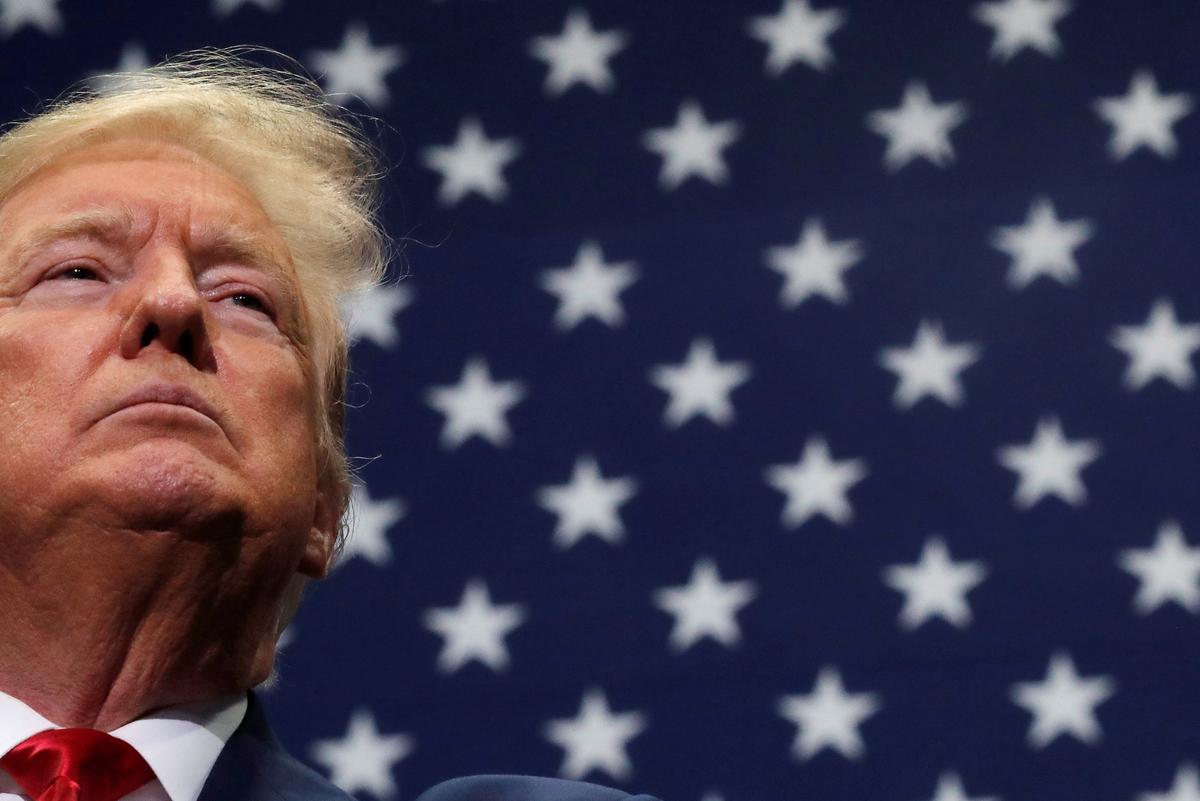WASHINGTON (Reuters) – Congressional Republicans who strenuously objected when a Democratic-led U.S. House of Representatives panel subpoenaed President Donald Trump’s financial records last year have remained unusually quiet now that the fight has reached the Supreme Court.
FILE PHOTO: U.S. President Donald Trump reacts during a campaign rally in Charlotte, North Carolina, U.S., March 2, 2020. REUTERS/Carlos Barria
Representative Jim Jordan, the House Oversight and Reform Committee’s senior Republican, described the move in an April 15, 2019, letter as “an unprecedented abuse of the committee’s subpoena authority to target and expose the private financial information of the president of the United States.”
But neither Jordan nor other Trump allies in Congress or in state capitals have weighed in on the Republican president’s legal effort to block enforcement of the subpoena, which was issued to his long-time accounting firm Mazars LLP.
The case has been consolidated with another one in which Trump is seeking to prevent enforcement of separate subpoenas from the House Intelligence and Financial Services Committees targeting his financial records from Deutsche Bank AG (DBKGn.DE) and Capital One Financial Corp (COF.N).
The justices will hear arguments on May 12 in those cases and a third one seeking similar records. Rulings are expected by the end of June, ahead of the Nov. 3 election in which Trump is seeking a second term.
The third case involves Trump’s effort to block a subpoena issued to Mazars as part of the Manhattan district attorney’s criminal investigation of the president and his family real estate business.
Unlike in other politically charged cases, his high-profile allies in Congress and in Republican-governed states like Texas have not filed amicus – so-called friend-of-the-cour

